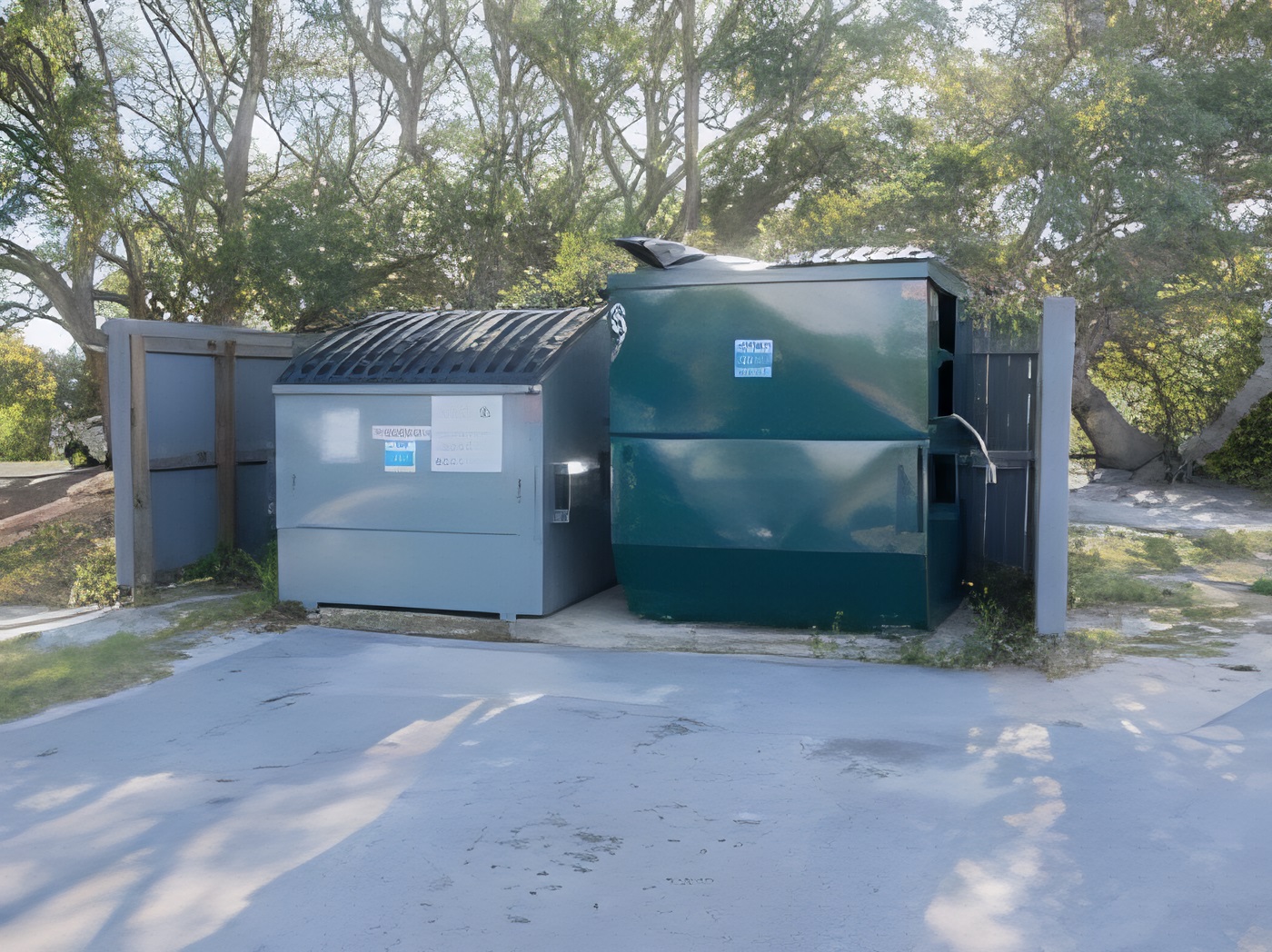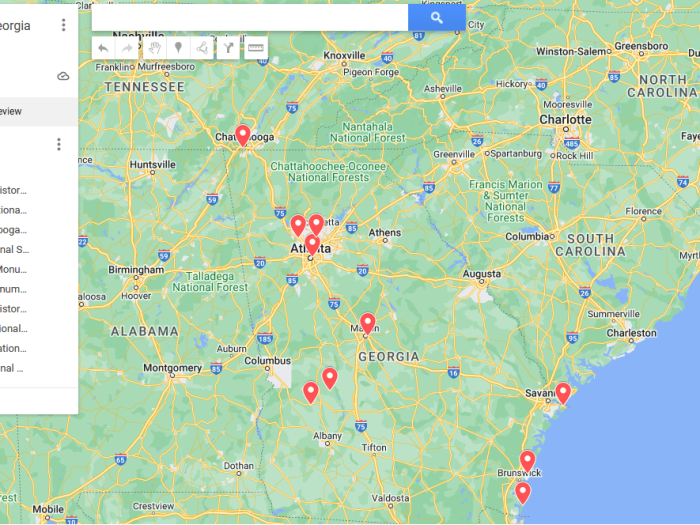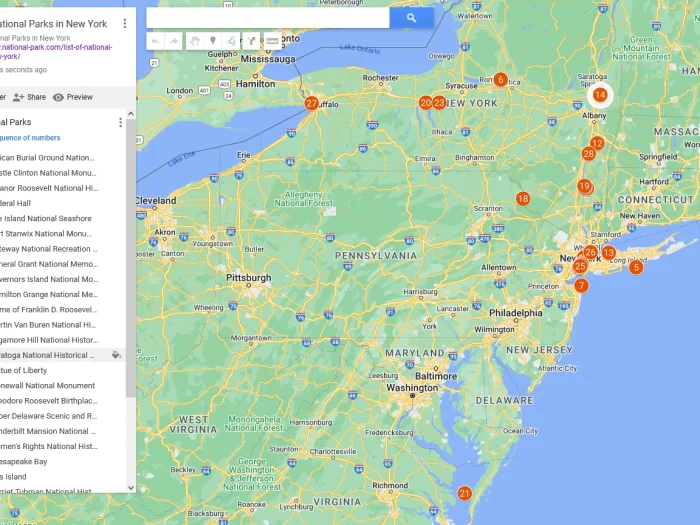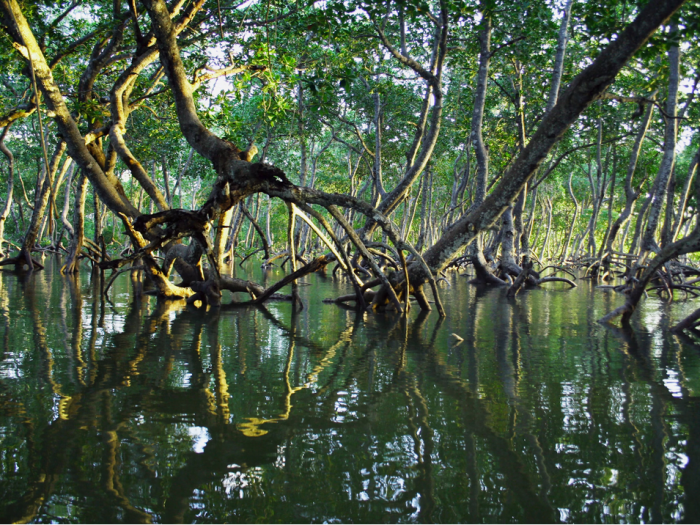Preserve National Parks by Hiring a Dumpster for Seasonal Waste Removal
National parks are treasured sanctuaries of natural beauty and biodiversity, attracting millions of visitors each year. Spanning diverse ecosystems and housing countless species of flora and fauna, these parks offer unparalleled opportunities for recreation, education, and conservation. While this influx of tourists brings significant economic benefits to surrounding communities and helps fund park maintenance, it also generates considerable amounts of waste. To maintain the pristine condition of these natural wonders and protect the habitats they encompass, it is crucial to implement effective waste management strategies.
One such strategy is hiring dumpsters for seasonal waste removal. These dumpsters can be strategically placed throughout the park, particularly in high-traffic areas such as picnic sites, campgrounds, and trailheads. This approach not only helps in keeping the parks clean but also supports the preservation of the environment by reducing the impact of human activity on delicate ecosystems. Additionally, educational programs and signage encouraging visitors to minimize waste and pack out what they pack in can further bolster these efforts. By combining practical waste management solutions with public awareness initiatives, we can ensure that national parks remain unspoiled sanctuaries for generations to come.

The Importance of Waste Management in National Parks
National parks serve as vital refuges for wildlife and offer a space for humans to connect with nature. However, the increasing number of visitors contributes to waste accumulation, which can harm the environment and wildlife. Improperly managed waste can lead to soil and water pollution, attract pests, and create unsightly landscapes. Effective waste management, including the use of dumpsters, ensures that these natural areas remain clean and safe for both wildlife and visitors. By prioritizing proper waste disposal, we can protect the ecological integrity of national parks and enhance the visitor experience.
Challenges of Waste Management in National Parks
Managing waste in national parks poses unique challenges due to their vast and often remote locations. Seasonal variations in visitor numbers can lead to fluctuating waste volumes, complicating waste collection and disposal efforts. Additionally, parks must adhere to strict environmental regulations to minimize their impact on the surrounding ecosystem. This requires careful planning and coordination to ensure waste is collected, transported, and disposed of in an environmentally responsible manner. Hiring dumpsters provides a practical solution, offering flexibility and efficiency in handling seasonal waste surges, thereby addressing these challenges effectively.
Benefits of Hiring Dumpsters for Seasonal Waste Removal
Hiring dumpsters for seasonal waste removal offers several benefits. First, it provides a centralized location for waste disposal, making it easier for park staff and visitors to manage their trash. This reduces the likelihood of littering and ensures that waste is contained properly. Second, dumpsters can be strategically placed in high-traffic areas, improving accessibility and convenience. Third, using dumpsters can help parks comply with environmental regulations by facilitating proper waste segregation and recycling. Moreover, partnering with reputable dumpster rental services ensures that waste is handled professionally and disposed of responsibly, minimizing the environmental impact.
Implementing a Dumpster Rental Program
Implementing a dumpster rental program in national parks requires careful planning and coordination. The first step is to assess the park’s waste management needs, considering factors such as visitor numbers, peak seasons, and types of waste generated. Based on this assessment, park authorities can determine the appropriate number and size of dumpsters needed. It’s also important to establish a schedule for regular waste collection and disposal to prevent overflow and ensure cleanliness. Additionally, educating visitors about proper waste disposal practices and providing clear signage can enhance the effectiveness of the program. Collaborating with a reliable service, such as dumpster rental in Athens GA, can further streamline the process and ensure optimal results. Consistent monitoring and adjustments based on feedback can help maintain the program’s efficiency. Ultimately, a well-implemented waste management system not only preserves the park’s natural beauty but also promotes environmental conservation for future generations.
Environmental and Economic Impact
Effective waste management through dumpster rental can have significant environmental and economic benefits. By reducing litter and pollution, it helps preserve the natural beauty and ecological balance of national parks. This, in turn, enhances the overall visitor experience, potentially attracting more tourists and boosting the local economy. Moreover, proper waste disposal can prevent costly environmental damage and reduce the need for extensive cleanup efforts. Investing in dumpster rental services also supports sustainable waste management practices, promoting recycling and waste reduction. Overall, the environmental and economic advantages of hiring dumpsters make it a worthwhile investment for national parks.
Case Studies: Success Stories in Waste Management
Several national parks have successfully implemented dumpster rental programs, demonstrating their effectiveness in managing seasonal waste. For instance, Yellowstone National Park, one of the most visited parks in the United States, has integrated dumpster rentals into its waste management strategy. This has significantly reduced littering and improved waste collection efficiency, helping to maintain the park’s pristine condition. Similarly, Yosemite National Park has benefitted from the use of dumpsters, particularly during peak tourist seasons. These case studies highlight the potential of dumpster rental programs to enhance waste management in national parks, ensuring their preservation for future generations.
Best Practices for Visitors
While hiring dumpsters is a crucial step in managing waste, visitors also play a vital role in maintaining the cleanliness of national parks. Park authorities can encourage responsible behavior by promoting the principles of “Leave No Trace.” This includes packing out all trash, minimizing waste, and disposing of waste properly. Providing educational materials and clear signage can help visitors understand the importance of waste management and their role in preserving the environment. Additionally, offering convenient access to dumpsters and recycling bins can facilitate proper waste disposal. By fostering a culture of environmental stewardship, national parks can ensure that visitors contribute to their preservation.
Preserving the natural beauty and ecological integrity of national parks is a collective responsibility. Effective waste management, including the strategic use of dumpster rentals, is essential in achieving this goal. By addressing the challenges of waste accumulation and promoting responsible disposal practices, we can protect these treasured landscapes for future generations. Implementing a dumpster rental program not only enhances the efficiency of waste management but also supports environmental sustainability. As we continue to enjoy the wonders of national parks, let us also commit to preserving them through conscientious waste management and sustainable practices.




